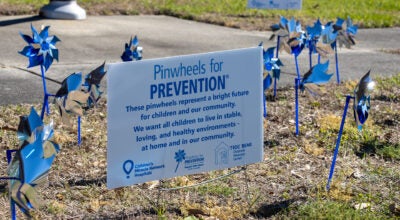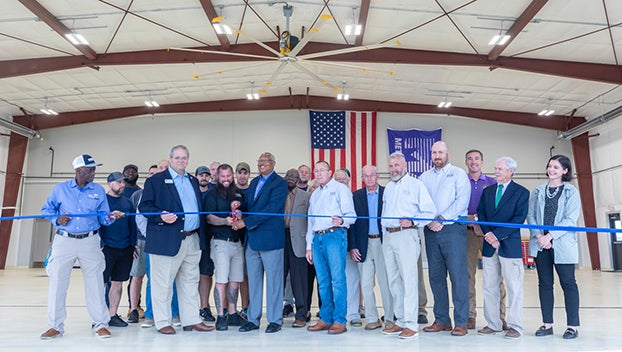City considering FEMA buyout program
Published 5:38 pm Wednesday, December 7, 2016

- LOTS OF LOTS: There are 44 “FEMA lots” in Washington, including several in the Jack’s Creek basin and along or near the Pamlico River.
Some property owners whose houses flooded in the aftermath of Hurricane Matthew may be looking for a buyout from the Federal Emergency Management Agency so they can move to new locations.
Other property owners whose houses have flooded repeatedly in the past also may be seeking buyouts.
The buyout process is not a simple process, taking, on average, one to two years to complete. A buyout requires an agreement among a local government, the state and FEMA. Anyone seeking a buyout should know that many flooded properties do not qualify for buyouts, but properties that meet specific criteria may be eligible for buyouts.
Buyouts are voluntary occurrences. No one is required to sell his property.
In the aftermath of Matthew, President Obama declared many counties in eastern North Carolina disaster areas, thereby opening the door for possible buyouts. Local government officials could decide to ask the state for funding to obtain properties that flood repeatedly or that were significantly damaged by the flooding associated with Matthew.
Some municipalities in Beaufort County have done that in the past. When properties are obtained through buyouts, restrictions on how those properties can be used in the future on put in place. In many cases, residential and commercial uses of such a property are forbidden to avoid repeated National Flood Insurance Program payouts for properties that suffer flood damage repeatedly. In essence, it’s cheaper in the long run to buy the property instead of paying flood claims on the same property over and over.
FEMA pays 75 percent of a buyout cost, with the remainder paid by the state and local governments.
“Yes, we have suggested that the 10 duplex units just off Minuteman Lane be acquired through the FEMA buyout program. One owner, who owns 8 of the duplex units, is pursuing the buyout option. In addition, those single-family dwelling (residents) who wish to be bought out have contacted FEMA representatives on an individual basis,” wrote City Manager Bobby Roberson in an email. Those units have a history of flooding after heavy rains and hurricanes.
The city owns 44 “FEMA lots,” according to Roberson, noting that about 20 years ago the city bought 60 multi-family units at the former Washington Arms apartment complex. The land was used for the city’s Veterans Memorial Park and the Jack’s Creek greenway. That apartment complex had a history of flooding.
Although residential and commercial use of properties obtained through buyouts is restricted, recreational and other uses are allowed under certain conditions. Playgrounds, other recreational uses and public restrooms can be built on such properties. In Washington, several people have suggested using “FEMA lots” as public gardens to produce food.
The decision to offer buyouts is made by the state, using money provided by FEMA to reduce losses in future disasters. Those funds come from FEMA’s Hazard Mitigation Grant Program. They are in addition to FEMA disaster payments to individuals and public agencies and local governments.
How does the FEMA buyout process work?
- After a disaster, the state sets priorities for how it will spend its FEMA mitigation grant. These may or may not include acquisition of properties.
- The state lets communities know whether buyouts will be a priority.
- Local officials also decide whether they want to ask the state for money to acquire flooded properties.
- Owners of flooded property interested in a buyout contact their local emergency manager or floodplain administrator.
- The community submits a letter to the state expressing interest in buyouts.
- The state must approve any buyout proposal and FEMA must review the proposal to ensure that it follows regulations, is environmentally sound and is cost-effective.
How to know if a property is eligible
Local officials make the determination whether your home will be included in the request for buyouts.
The purpose of a buyout is to mitigate against future flood losses. To be eligible, properties usually are in a Special Flood Hazard Area and are primary residences, but buyouts may also include other properties such as critical facilities. They may have received a “substantial damage” determination from local officials or may have been repetitively flooded.
The purchase price for properties is their fair market value prior to the flood. Acquired property must revert to natural floodplain or be maintained as open space. No future disaster assistance payments will be made for the purchased site.
There is an appeal process available for homeowners who disagree with the appraisal value of the property.
Source: FEMA






